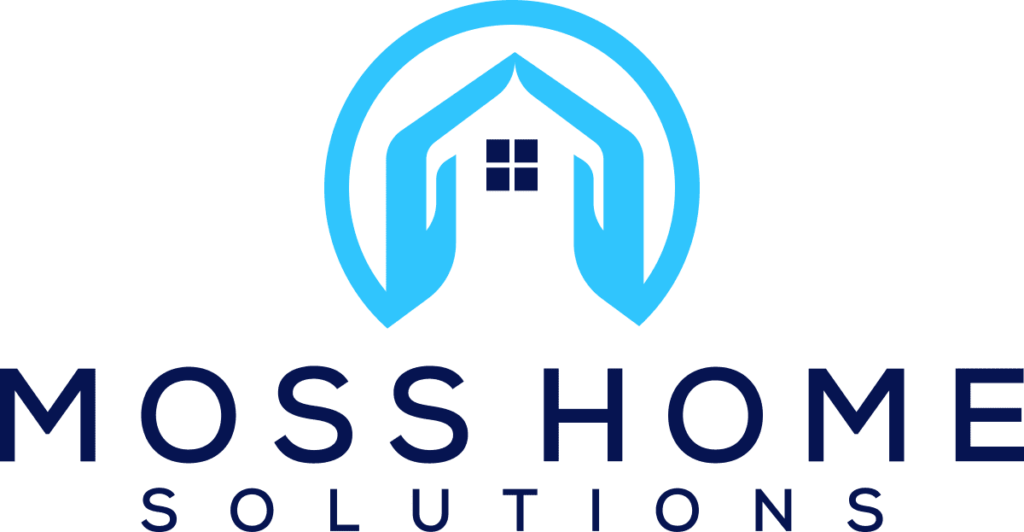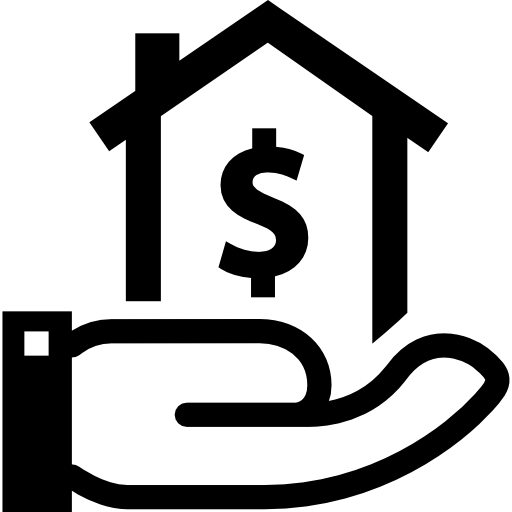Who is responsible for water damage in a condo in Massachusetts?
Resolving this burning question can turn your peaceful home into a nightmare of finger-pointing and financial stress.
We’ll cut through the confusion, revealing exactly how to handle water damage in your condo.
Key Notes
- Responsibility for water damage hinges on whether it originates in shared or private areas of the condo.
- Negligence in water leaks, like an upstairs bathtub overflow, shifts repair costs to the responsible unit owner.
- Massachusetts law favors owners by holding HOAs accountable for damage from common areas, like roofs or shared systems.
Common vs. Private Areas: Who Fixes What?
In condos, determining responsibility starts with defining common areas versus private spaces. Common areas include shared spaces like hallways, roofs, and plumbing systems within walls.
Private spaces are the interiors of individual units. Responsibility hinges on whether the source of the water damage originates in common or private property.
For example:
- Common area leaks: These are most often the responsibility of the condo association. If a roof leak in a condo damages your unit, the HOA usually handles the repairs.
- Private area leaks: If a pipe bursts in your kitchen or a washing machine floods, you’ll likely need to cover those costs.
Your condo’s governing documents – bylaws and declarations – should clearly define these boundaries. Always review them carefully.
What Happens When Water Spreads?
If a leak in the condo ceiling above you damages your walls or floors, the upstairs neighbor’s insurance might cover your repairs.
But if negligence caused the issue – say they ignored a dripping pipe for weeks – they could be personally liable. This is known as condo water damage negligence and could lead to disputes.
| Scenario | Responsible Party |
|---|---|
| Leak from the roof | Condo association (HOA) |
| Burst pipe in walls (common area) | Condo association (HOA) |
| Leak caused by upstairs neighbor | Neighbor (if negligent) |
| Appliance leak in your unit | You, the unit owner |
Knowing your policy’s limits and making sure it covers loss assessment (shared HOA costs) is key.
Tip: Request your HOA’s insurance summary to spot coverage gaps in shared areas like plumbing or roofs.
Massachusetts-Specific Considerations
State law gives HOAs significant authority to manage repairs and allocate costs. But owners aren’t without protection.
The Massachusetts Condominium Act ensures that governing documents align with state law. If you feel unfairly targeted for repair costs, consulting an attorney may clarify your rights.
Unique to Massachusetts, state law holds associations responsible for common elements even when these cause unit damage.
For instance, condo owners are usually not responsible for plumbing in shared walls – that’s the HOA’s job.

Dealing With Common Scenarios
Here are some common scenarios people who live in condos encounter and how best to deal with them:
1. Water Damage From Pipes
Pipes are a frequent source of confusion in condo water damage claims because their ownership is split between shared and private areas.
If the damaged pipe is part of the building’s main plumbing system or inside a wall considered a common element, the HOA should take care of repairs. This applies to shared systems like hot water supply pipes or sprinkler systems.
But condo owners are responsible for plumbing within their units. Pipes that exclusively serve your unit, like those under your sink or connected to your appliances, fall under your responsibility.
2. Leaks From Upstairs
Dealing with water damage from upstairs condo units is frustrating, especially if it impacts your ceiling or walls.
If the upstairs neighbor caused the damage through negligence, like leaving a bathtub overflowing or failing to repair a known issue, their insurance should cover your losses.
But what if it wasn’t their fault? In such cases, you may need to rely on your own condo insurance to repair the damages.
3. Roof Leaks
A roof leak in condo: who is responsible? Generally, the HOA is responsible for roof maintenance and repairs, as the roof is considered a common element.
But there’s a grey area when reporting delays or neglect contributes to worsening damage. For instance, if you noticed a small water stain but didn’t notify the HOA, they might argue that you share liability for the expanded damage.
This is why it’s so important to report issues promptly and document everything, even minor problems.
By acting fast, you protect not only your unit but also your relationship with the HOA.
What to Do After Discovering Water Damage
Time is of the essence when dealing with water damage. Follow these steps immediately:
- Document everything: Take clear photos and videos. This creates a record for insurance claims or disputes with the HOA or other unit owners
- Contact the HOA: Notify your HOA immediately so they can assess the source of the issue and determine responsibility. Your governing documents often outline specific steps to take, so knowing these in advance is a big advantage.
- Check your insurance: Some policies include coverage for “loss assessment,” which helps pay for shared HOA costs.
- Call a professional: Bring in a professional plumber or contractor to address the damage if it’s significant.
- Consider selling for cash: Selling your condo for cash is a practical way to avoid ongoing expenses and the stress of future disputes. It’s worth exploring if you’re feeling stuck.
Frequently Asked Questions
Who is responsible for pipes in condo walls?
It depends. Pipes that are part of the shared plumbing system are usually the HOA’s responsibility. But pipes within your unit are yours to maintain and repair.
Does condo insurance cover water damage to other units?
It might. If water from your unit damages another, your personal liability coverage could pay. Check your policy for details.
Who is responsible for a leak in a condo ceiling?
If the leak originates from the upstairs unit, they are typically responsible. If it comes from a common area, it’s on the HOA.
Who pays for condo roof leaks?
The HOA usually handles roof leaks, but report the issue quickly to avoid disputes.
Conclusion
Water damage in Massachusetts condos doesn’t have to drain your bank account or sanity.
Know your rights, check your documents and act fast when leaks strike. Whether it’s a burst pipe, roof leak, or neighbor’s negligence, understanding HOA responsibilities and insurance coverage is your financial shield.
Drowning in repair costs and finger-pointing? Skip the headaches and dodge the disputes. We buy homes as-is, water damage and all. Cash offer. No repairs. No stress. Ready to flush away your condo troubles? Get your free cash offer today.





